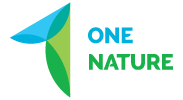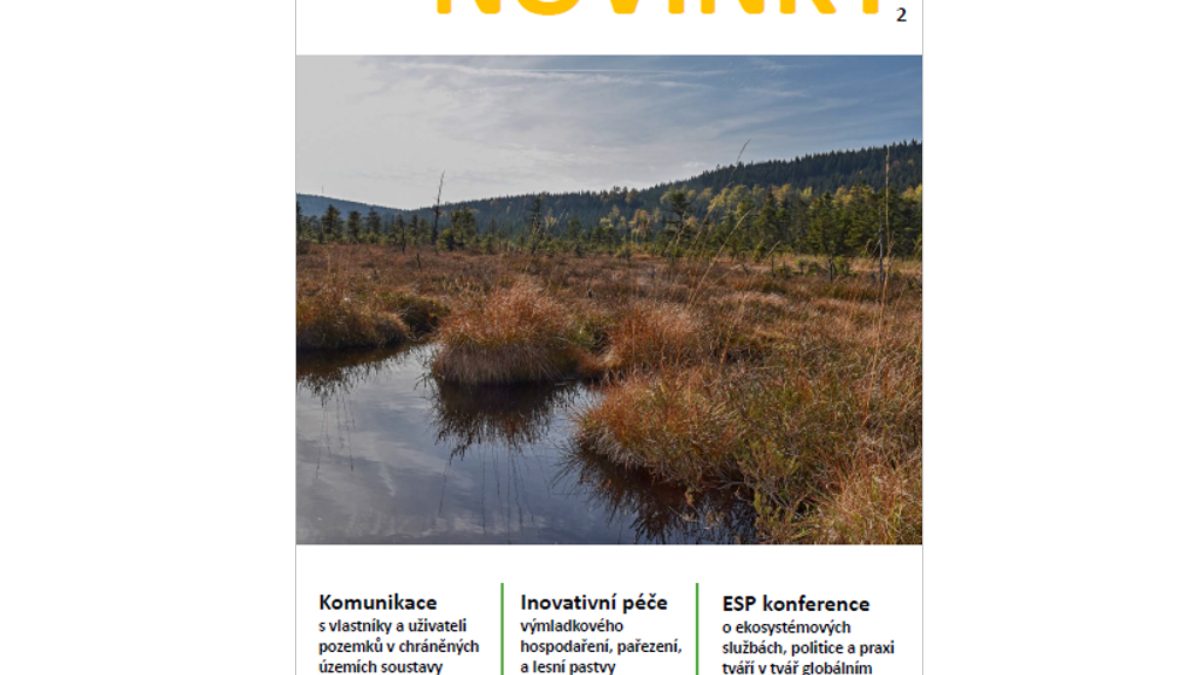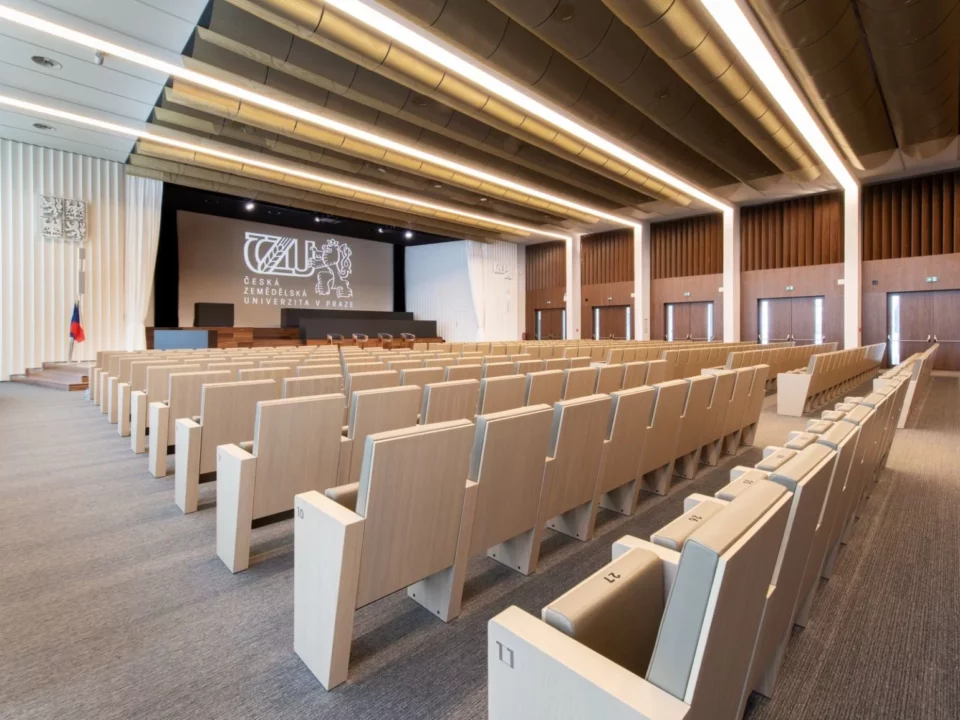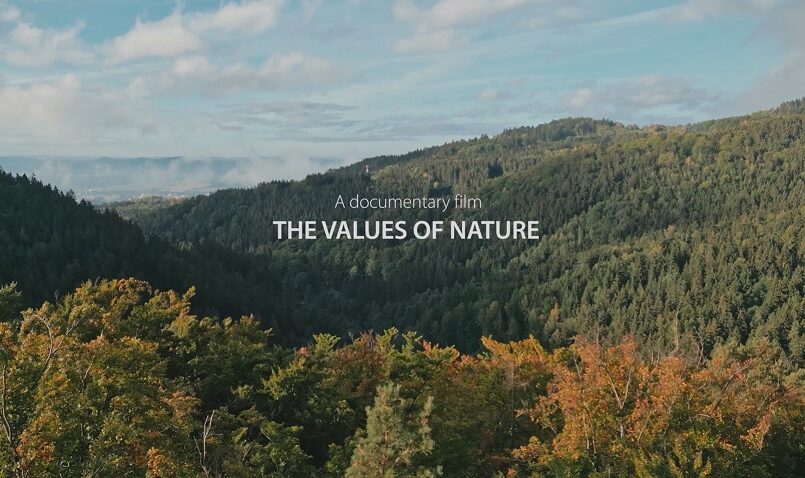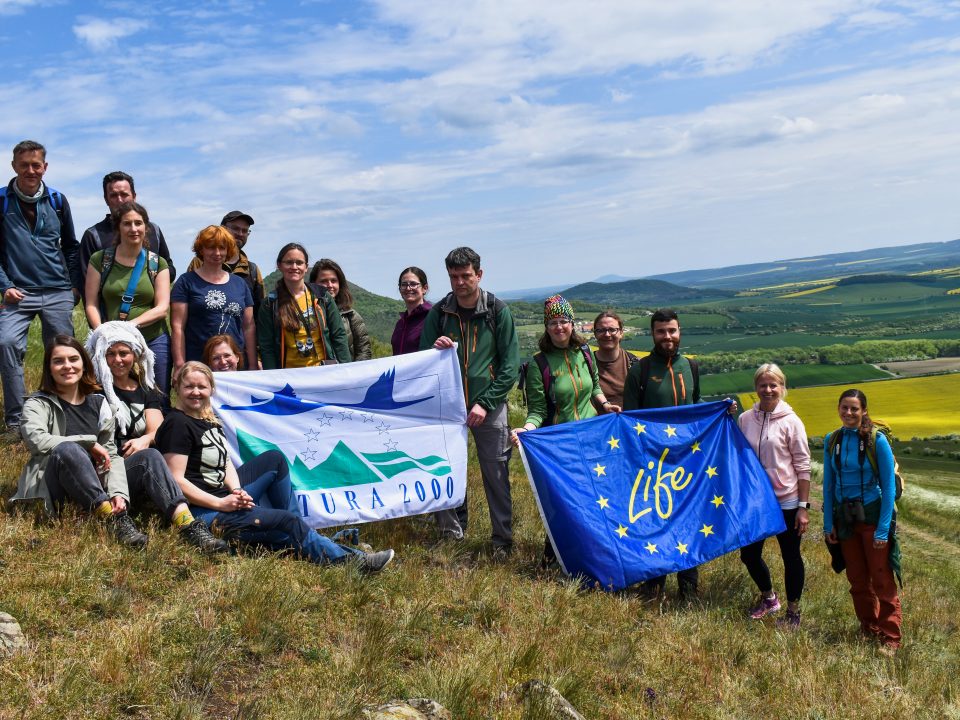The One Nature Project is getting to the end of its first phase
With the first phase of the One Nature Project coming to an end, we are publishing another issue of One Nature Project News (Czech version only) which brings information about the new outcomes and results of the actions.
One of the latest outcomes is the methodology Best Communication Practices in Nature Conservation concerning communication with land owners and users in protected areas, which was prepared by the staff of the Charles University Environment Centre (CUEC) and the Nature Conservation Agency (NCA) of the Czech Republic. “We perceive that cooperation and communication among different actors who are important for nature conservation is essential in the One Nature Project. That is why we have tried to create a methodology that summarises well the different recommendations and shows the existing good practice. Creation of the Methodology was based on interviews with nature conservation workers, so we believe that it will be useful and widely used by everyone involved in nature conservation,” summarizes Bronislav Farkač (CUEC), who took part in the creation of the Methodology.
Just as last year, the One Nature Project actions are accompanied by the restrictions caused by the COVID-19 pandemic. For instance, the transfer of face-to-face meetings to the online form has become common for meetings with representatives of institutions that are key in the ecosystem services assessment. Even one of the Project’s largest international presentations at the third ESP Europe Conference, with the subtitle Ecosystem Services Science, Policy and Practice in the Face of Global Changes, in Tartu, Estonia, was held mostly online. Representatives from various countries, including the Czech Republic, discussed current trends in ecosystem services research and their application in practice, especially in view of the increasingly significant human impact on ecosystems, not only in terms of their transformation or climate change, but also in terms of nature conservation. Assessment of ecosystem services has made progress at national level in many European countries.
“It is very important for the One Nature Project to be in touch with international developments, such as the processes of ecosystem services assessment and mapping in other European countries and transfer of experience with similar projects, which is mediated appropriately by international events and networks such as the Ecosystem Services Partnership,” points out Davina Vačkářová, a member of the Project team from CzechGlobe (Global Change Research Institute of the CAS), who, together with her colleagues, presented the approach to ecosystem services mapping and assessment at the Conference. At the same time, the intention to establish the National Ecosystem Services Platform in the Czech Republic was presented, whose main role will be to facilitate coordination of ecosystem services assessment and sharing of experience, with this concept being used in practice among experts, nature conservation and natural resources management.
On the other hand, dozens of measures in Natura 2000 protected areas, which are being successfully taken this year thanks to the Project, cannot be transferred to the virtual space. One of them, for example, is the grazing of highland cattle in the SCI Jizerky Peat Bog, which helps to protect the species-rich flowery meadows there. A herd of 14 cattle has been grazing the heavily degraded area to the lowest possible grass height since the beginning of September this year. Thanks to the disruption of the sod, the growth of rare species including mountain arnica, common lousewort, gentiana, bellflower and hawkweed, is being encouraged.
The next issue of One Nature Project News will be published in the first quarter of 2022.
More information can be found on the One Nature website.
